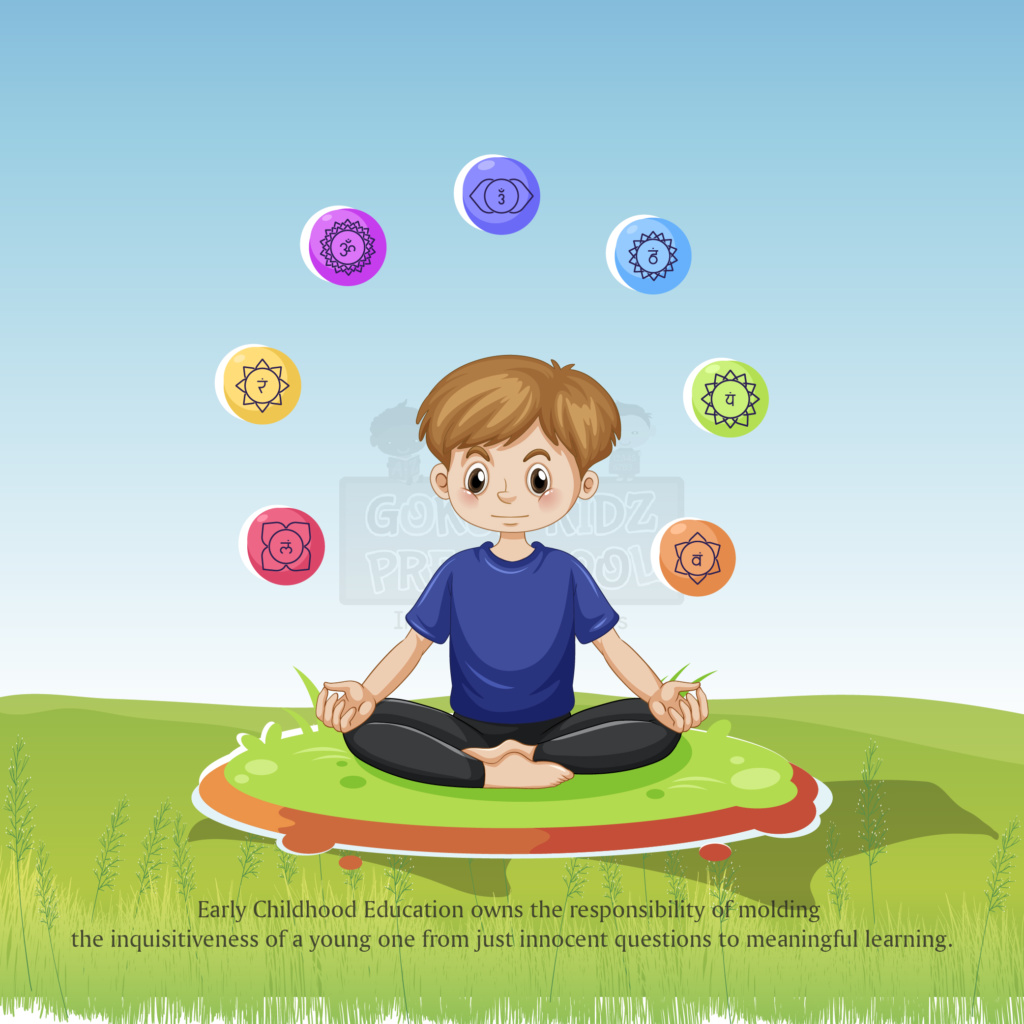In a world that is increasingly interconnected, the teachings of the Bahá’í Faith provide profound insights into the cultivation of spiritual values and actionable responses. What, then, does it mean to uphold spiritual values in the fabric of our global community? Is it possible to integrate these deeply held beliefs into our daily actions without succumbing to the apathy that often accompanies modern living? This exploration delves into the integration of Bahá’í teachings with a focus on spiritual values and their manifestation in proactive social engagements.
The Bahá’í Faith posits that humanity is one, a principle fundamentally tied to the notion of unity and the interdependence of all people. This belief acts as the cornerstone for cultivating an inclusive mindset, fostering compassion, and promoting service to humanity. Acknowledging the interconnectivity of all individuals challenges us to transcend our tribal instincts and embrace a global consciousness. The doctrine emphasizes that moral and spiritual advancement is a collective endeavor; hence, the pursuit of individual excellence must be aligned with the welfare of the community.
In essence, the first layer of Bahá’í teachings urges us to recognize the inherent dignity of every human being. This recognition transcends mere tolerance. The Bahá’í principles advocate for a radical transformation of the heart and mind, propelling believers to embody virtues such as kindness, humility, and justice. These qualities are not merely abstract concepts but are imperative in guiding our actions. The aspiration to develop these attributes compels individuals to reflect upon their roles within both micro and macro communities—and therein lies the challenge: how to maintain these spiritual standards amidst external pressures.
The notion of service is another critical element in Bahá’í teachings. Service is not confined to acts of charity but is seen as a calling; a deliberate act of bringing about positive change in society. The Bahá’í view suggests that each person is endowed with unique capacities that can significantly contribute to the betterment of the world. This service should, ideally, be infused with love and devotion, creating a ripple effect of goodness and unity. Yet, how do we balance personal ambitions and societal service? This tension raises a vital question regarding the compatibility of self advancement and altruism—an inquiry each adherent must grapple with.
The principle of consultation stands as a pivotal framework within Bahá’í teachings. Unlike typical discussions, consultation is meant to cultivate unity of thought and spirit. It encourages open dialogue free from personal prejudices—bringing together diverse perspectives to yield collective wisdom. This practice can mitigate conflicts and promote harmonious relationships in both local and global communities. However, while consultation thrives on collaboration, it is predicated on the skill of active listening—a skill that is often overlooked in contemporary discourse. Are we prepared to embrace the humility required for true consultation? The implications of neglecting this practice can perpetuate division within communities, further complicating the quest for unity.
Another salient feature embedded within Bahá’í teachings is the emphasis on justice. The pursuit of social justice is envisaged as a means of actualizing spiritual values into tangible actions. This concept transcends mere political correctness; it mandates a commitment to uplift the marginalized and advocate for equitable opportunities for all. The Bahá’í writings convey that justice must act as a guiding force, encouraging adherents to stand against oppression, irrespective of where it manifests. Yet a formidable challenge arises: how can one advocate for justice while engaging respectfully with disparate viewpoints? The tension between upholding one’s beliefs and fostering dialogue remains a critical area of exploration.
Moreover, the Bahá’í understanding of the interconnectedness of all world religions fosters an attitude of reverence towards diverse spiritual philosophies. This inclusivity does not dilute the Bahá’í truth; rather, it enriches it by recognizing the multifaceted nature of the divine. Through this lens, Bahá’ís are encouraged to engage in interfaith dialogues and collaborative social initiatives that embody the spirit of collective worship and service. Yet, how can individuals navigate interfaith interactions without compromising their own spiritual convictions? This requires not only an open heart but an unwavering commitment to honesty and respect—qualities that can often be challenging to uphold amidst theological differences.
Education is pivotal within Bahá’í teachings, viewed as an avenue for personal and communal growth. Fostering a spirit of inquiry and critical thinking empowers individuals to navigate the complexities of contemporary issues such as climate change, poverty, and human rights violations. Educational endeavors aim to cultivate morally conscious citizens who can actively contribute solutions to global challenges. However, while education serves as a catalyst for positive transformation, it simultaneously presents an existential query: in a world laden with information, how do we discern truth from misinformation? This challenge necessitates a cultural shift towards valuing wisdom over mere information retention.
Ultimately, the principles of the Bahá’í Faith offer relevant guidance for fostering a spiritual framework grounded in action. The teachings emphasize that spirituality is not an abstract construct but a lived reality, interwoven with our daily deeds. By nurturing values such as compassion, service, justice, and unity, Bahá’ís are equipped to respond to the complexities of contemporary society while contributing to a global culture of peace and stability. As we confront the challenges of an interconnected world, let us ponder the ultimate question: How can we, as individuals and communities, actively embody these teachings to effectuate meaningful change?
The rich tapestry of Bahá’í teachings elucidates that by embracing our shared humanity and engaging in thoughtful action, we can pave the way towards a more just, peaceful, and harmonious world. Each step we take in this direction not only enriches our own lives but has the potential to ripple outwards, transforming our interconnected world into one reflective of our highest spiritual aspirations.
